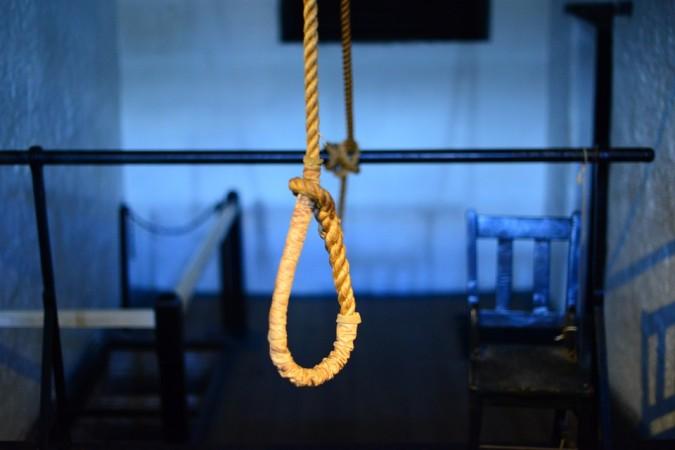Two back-to-back decisions by the Supreme Court of India this week has put the focus back on capital punishment. The latest judgment in the infamous mass murder case in Kerala and the dismissal of a plea in Nirbhaya gang rape and murder are a case in point.
On Wednesday, a 3-judge supreme court bench headed by Justice Madan B. Lokur commuted the death sentence of the man accused of killing six members of a family. The rarest of the rare decision came after the convict, who was the sole accused in the case, had exhausted all legal options, including the mercy petitions.
In another similar case on Thursday, the supreme court threw out a petition seeking immediate execution of the four men convicted in the dastardly gang rape and killing of Nirbhaya in Delhi in 2012.
In the first case, the court leaned on the chances of "reform or rehabilitation" of the convict. It also said the social and economic conditions of a person has no relevance in the conviction process, but when it comes to the severity of the punishment these factors must be considered.
Honestly, both these lines of argument appear to be a little shaky. Experts in jurisprudence will probably offer insightful analyses on this vexing line of argument.
Vehement and outright denial

In the second case, the court was vehement in its outright denial of the plea that sought immediate execution of the convicts in Nirbhaya case.
"What kind of prayer you are making? ... You are making the court a joke," the bench of Justices Madan B Lokur and Deepak Gupta reprimanded the petitioner.
Lawyer Alakh Alok Srivastava, who had field the plea, sought the execution of convicts Mukesh, Pawan Gupta, Vinay Sharma and Akshay, citing that the top court had rejected their review plea in July this year.
The petitioner said the death verdict wasn't implemented even after the lapse of considerable time following the exhaustion of the last legal option.
"Such delay in execution of Death Penalty, in the considered view of the Petitioner, is acting as a bad precedent and not able to act as a deterrent to the Rapists resulting into increasing incidents of horrific offences of Rapes being reported on daily basis in our country," the petitioner said.
As it turned out the court had little interest in the arguments offered.
Irrespective of the merit of the judgements, it's clear that India has a problem at hand with death penalties. As of December 2017, India has as many as 371 prisoners on the death row. Many of these convicts have been awaiting death for many years, the longest being 27 years.
Should the death row convicts be sent to the gallows faster? Should they rather be allowed to rot in the cells awaiting death? Should we convict more criminals to death? Or should India abolish death penalty altogether?
Rotting in cells awaiting death
In the last 13 years, only four death row prisoners have been executed in India. However, there's no apparent dip in the number of death sentences awarded by various courts. Instead, in April this year, the central government passed an ordinance making rape of children younger than 12 years punishable by death. Legal thinkers have always been divided on the utility of death penalty as a deterrent. Won't the spectre of death penalty motivate the rapist to kill his young victim, fearing his likely expose by her would send him to the gallows?
The two judgment this week don't really mean much in terms of where the country's conscience is headed or whether an anti-death penalty sentiment is gaining force. However, this can be taken as a straw in the wind.
Surpassingly though, the court did not take into account the long death row years a sufficient reason to commute the death penalty in the Kerala case.
"There are a number of cases where convicts have been on death row for more than six years and if a standard period was to be adopted, perhaps each and every person on death row might have to be given the benefit of commutation of death sentence to one of life imprisonment," Justice Lokur said.
There's apparently no plausible explanation to why some convicts end up spending decades on the death row. There have been instances in the recent past where the government took speedy action to carry out the execution of convicts.
Thursday's comments from the apex court show that the judiciary won't bring that ambivalent under its ambit either.
So India can keep thinking over the ponderous questions -- Should the death row convicts be sent to the gallows faster? Should they rather be allowed to rot in the cells awaiting death? Should we convict more criminals to death? Or should India abolish death penalty altogether?














